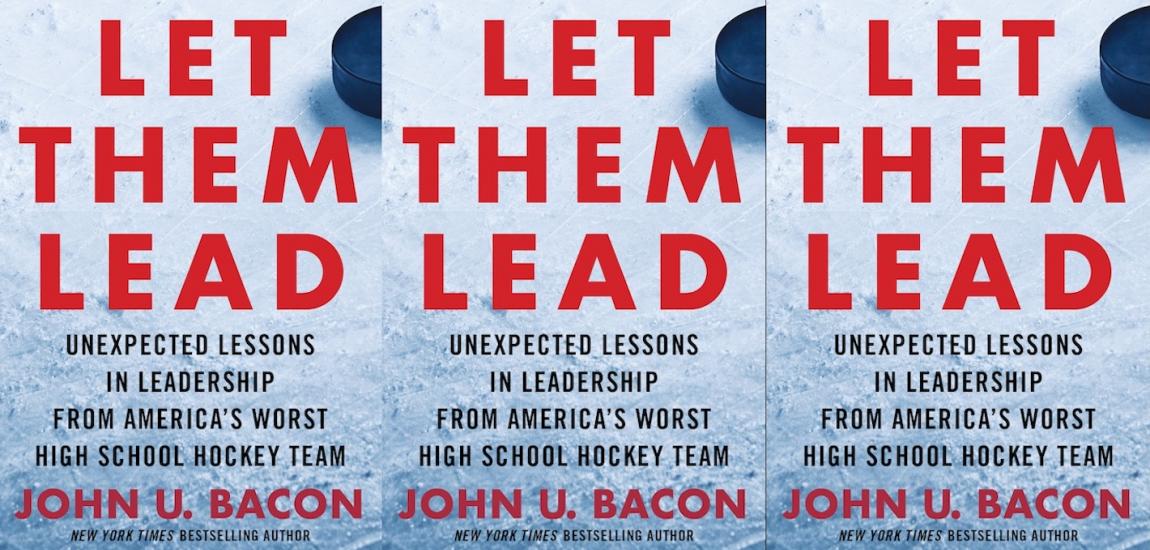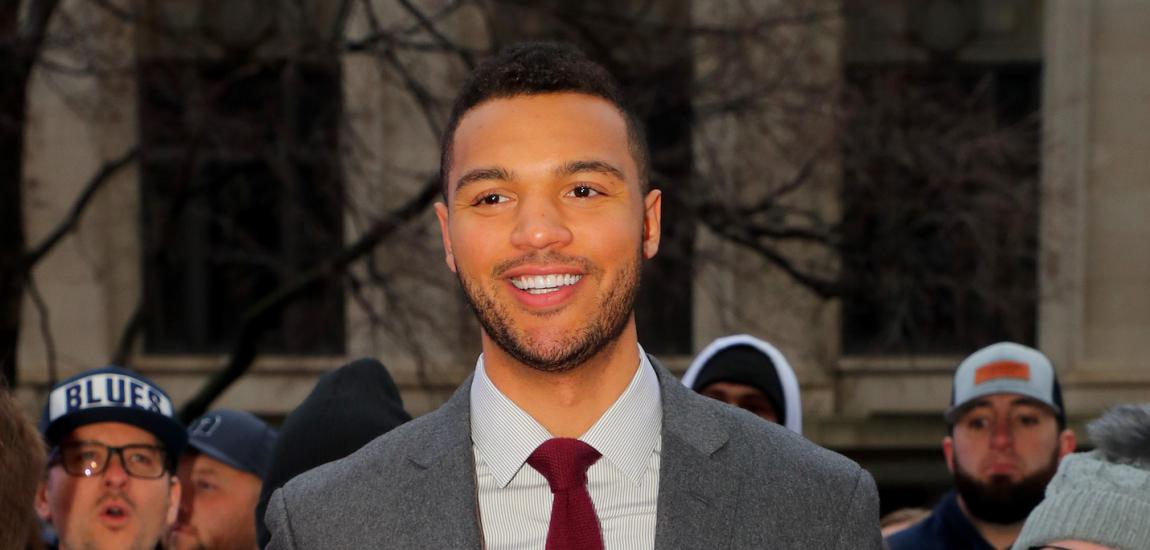
There will be fan riots like those in Vancouver as long as there are fans. The same shared identity that causes tens of thousands to start the wave or wear all white to arenas is what turns groupthink into a mob mentality. The very pride that went into the pre-Game 7 Vancouver Sun headline "Our Team! Our Town! Our Turn!" is what sours into widespread anger when a community is wounded by a Game 7 loss. Vancouver came together to support its team throughout the playoffs, but that also meant the kind of bond that started a chain reaction in the streets Wednesday night.
"The people who have the strongest identification feel the strongest threat," says Xavier psychology professor Christian End, who has studied fan behavior for more than a decade. "When the group fails, that failure reflects upon you and your identity feels threatened. One of the ways fans deal with that threat is through aggression."
So how to keep riots from starting?
Let's call it the Sam Wyche Strategy. In 1989, in a game against the Seahawks, Bengals fans started throwing beer bottles and debris toward the field in protest of some officiating decisions. Wyche, then coach of the Bengals, grabbed a Riverfront Stadium microphone and said:
"Will the next person that sees ANYBODY throw anything onto this field, point 'em out ... and get 'em out of here -- you don't live in Cleveland, you live in Cincinnati!"
Bengals fans erupted in cheers, channeling their united anger with officials to their universal hatred of the rival Browns. A crisis (and a penalty) was averted.
Wyche knew the key to stopping mob behavior is to shame the perpetrators. Riots start when one person commits a small, mostly benign act -- say, throwing a snowball -- and those around him or her laugh or cheer. That emboldens the perpetrator or those around him or her to do something more severe. Then the dominoes start falling. "You get that surge of common identity," says End. "And then somebody throws a brick." It's that moment between harmless horseplay and serious violence when the individual can make a big difference.
Wyche stopped the growing tide by encouraging fans to turn on the miscreants. And this Facebook page, where rioters can be separated from the larger group, identified, and maybe prosecuted, is a similar antidote. End even suggests an end-of-game announcement by a player or coach that those who cause trouble are not real fans of the team. And media can help too by writing stories about the consequences of rioting. "A town doesn't get commended for not rioting," says End, pointing out that Miami fans didn't cause any trouble after the Heat lost this week. "Media never tends to follow up six months later with the story on the guy who flipped the car and got prison for it."
If you find yourself in a crowd and behavior turns ugly, the obvious advice is to get out. But if a friend of yours starts acting up, call him on it. Even the sight of a dissenter will calm those nearby. And if a stranger in the vicinity begins to stir up trouble, snap a photo or a video (if you feel safe doing so). That might show him or her that he's not protected by the anonymity of the crowd. Nothing stops mob behavior like isolation.
The worst part about the home team losing a big game is the feeling of shame. But when violence starts, shame might be the best protection a community has.




